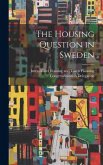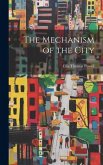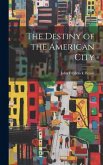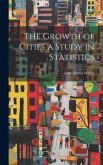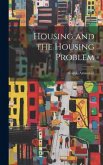This is a brilliant and original study of the attitudes of town-dwellers in the Middle Ages to nature, their surroundings, and the human body. Fumagalli describes the natural landscape of Italy in the early Middle Ages as a sinister wilderness of dense forest and ruined towns, destroyed in the barbarian invasions or abandoned after a long decline. He shows how, in a period of growth in the ninth century, Italian towns became significant centres of power, and their populations set out to restore their sense of superiority over the wild countryside and its peasant inhabitants. He describes how the draining and massive forest-clearance which they subsequently undertook led to a catastrophic ecological imbalance, devastating floods and violent uprisings. Fumagalli describes the living conditions of townspeople, peasants, priests and the nobility during this time of upheaval; he examines their behaviour in a hierarchy, as well as among peers, their fear of death and of the adverse forces of nature. What was it, he asks, that made people in the Middle Ages fear solar eclipses more than wars? Drawing on a rich variety of literary and visual sources, including paintings, frescoes and sculpture, Fumagalli analyses medieval attitudes to the body and its relationship to the spirit, arguing that, from the sixteenth century onwards, these changed profoundly, depending on a combination of economic, political and cultural factors.
Hinweis: Dieser Artikel kann nur an eine deutsche Lieferadresse ausgeliefert werden.
Hinweis: Dieser Artikel kann nur an eine deutsche Lieferadresse ausgeliefert werden.


